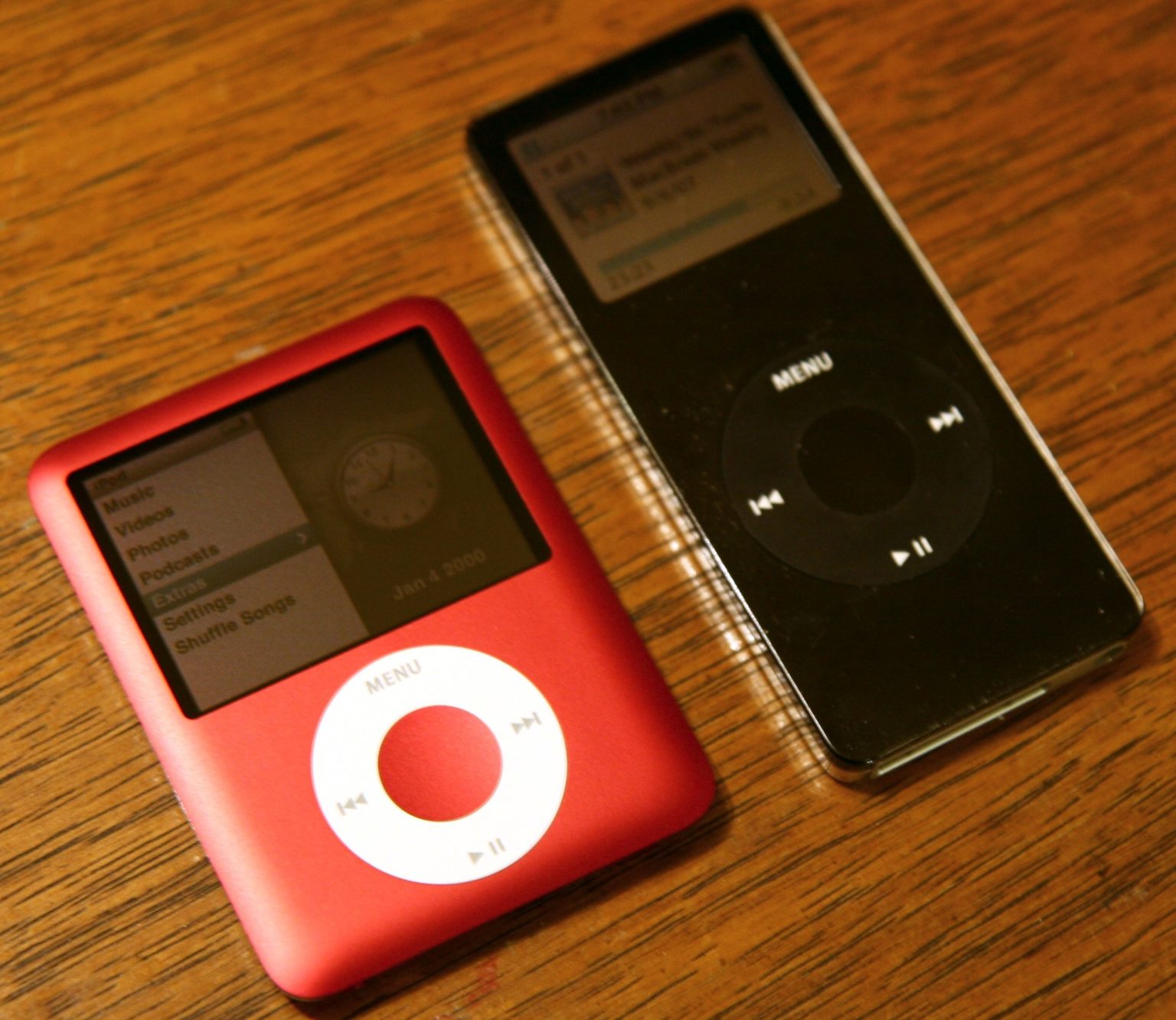

New entrants undercut prices and offer valuable alternatives to what your industry currently provides.Ī practical example of a new entry and high threat to existing players is Apple’s entrance into the music distribution industry with the iPod. If the barriers to entry are low, new entrants can easily capture market share and threaten profitability. When an industry starts becoming profitable, it will entice new entrants. Let's take a closer look at each force: 1. When you understand each force, you can formulate a strategy that will allow the company to better cope with competitive forces and increase profit potential.
#IDENTIFY IPOD VERSIONS HOW TO#
Porter’s Five Forces model is a critical element of strategic analysis that helps companies decide how to shape the balance of competitive forces to maximize profitability.
#IDENTIFY IPOD VERSIONS FREE#
🎁Bonus! We will also provide you with free templates to help you implement this framework to strengthen your business strategy. In this article, we will give you an overview of Porter’s Five Forces competitive analysis framework, explain key pitfalls you need to avoid during industry analysis, give you examples of the model in real-world, and show you possible strategies you can undertake to create a winning position in your industry and among your competition. You can use Porter’s Five Forces Model to take a step back, analyze and fully understand your competitive environment before you make any strategic decisions. Where can you find a position amongst your competitors that is profitable and difficult to attack?.

What forces beyond direct competitors shape your industry?.Porter’s 5 Forces is a straightforward strategic framework that can help you answer these questions and reduce the share of profit leaking to your rivals: With today's fierce competition in almost every industry, it's not a question of if, but it’s a matter of how. If you try to connect it to a newer Apple device (assuming you can find a FireWire cable), it won’t work, but nothing will blow up.Every business strives to prevent its competitors from stealing its profits. On the surface, it looks like a USB charger, but it actually has a FireWire port instead. The one to watch out for is the square white Apple charger supplied with original and early model iPods. In between -using one of the older 10W iPad chargers on an iPad Air- it will take a bit longer for the iPad’s battery to top up. If you step down too far -using the little 5W adapter to recharge an iPad Air- it simply won’t work. If you use a USB charger with a higher wattage than the the one your device originally shipped with -for example, using one of the 12W iPad chargers with an iPhone- you may find the battery charges slightly faster, but Apple says it’s safe to do so. So long as you stick with Apple rechargers, there’s not much you can do to hurt yourself, or your Apple gear. Apple chargers, common US types (Credit: Apple).


 0 kommentar(er)
0 kommentar(er)
